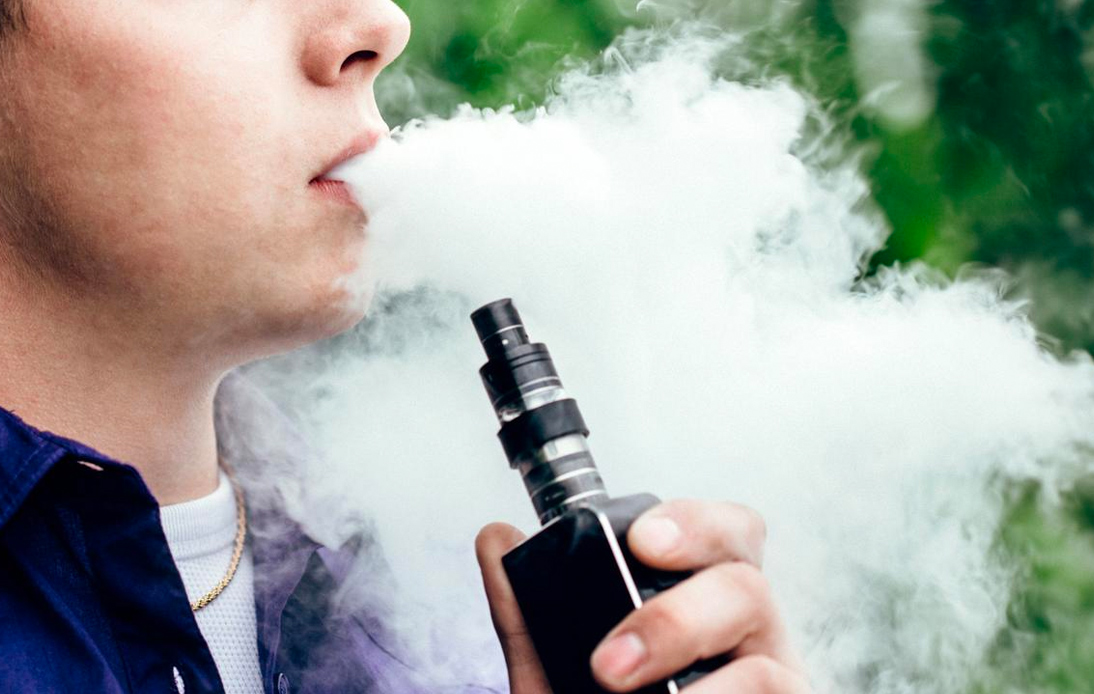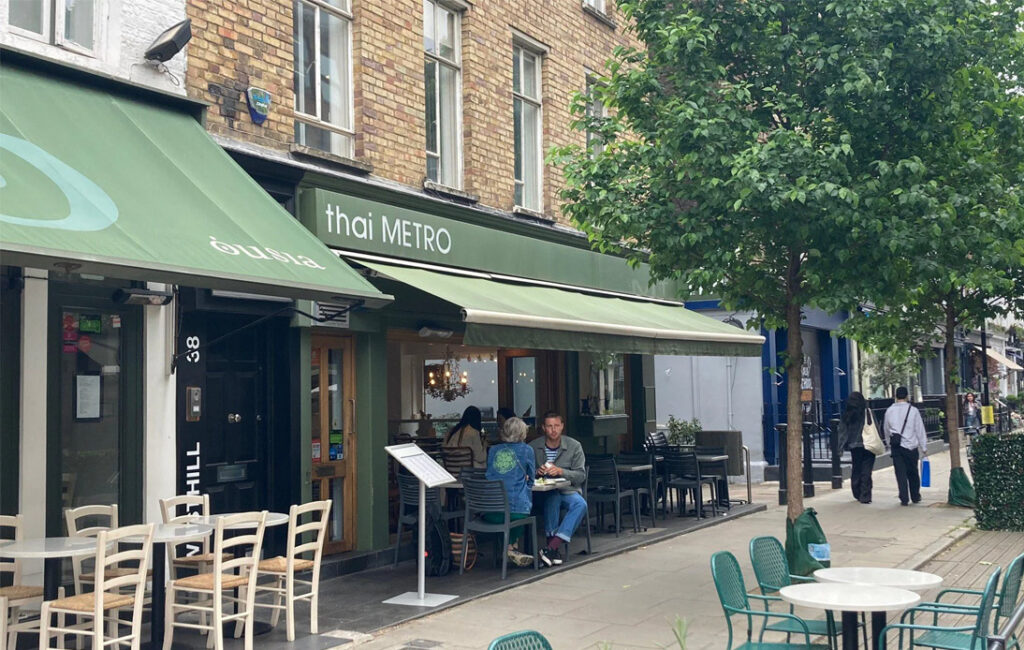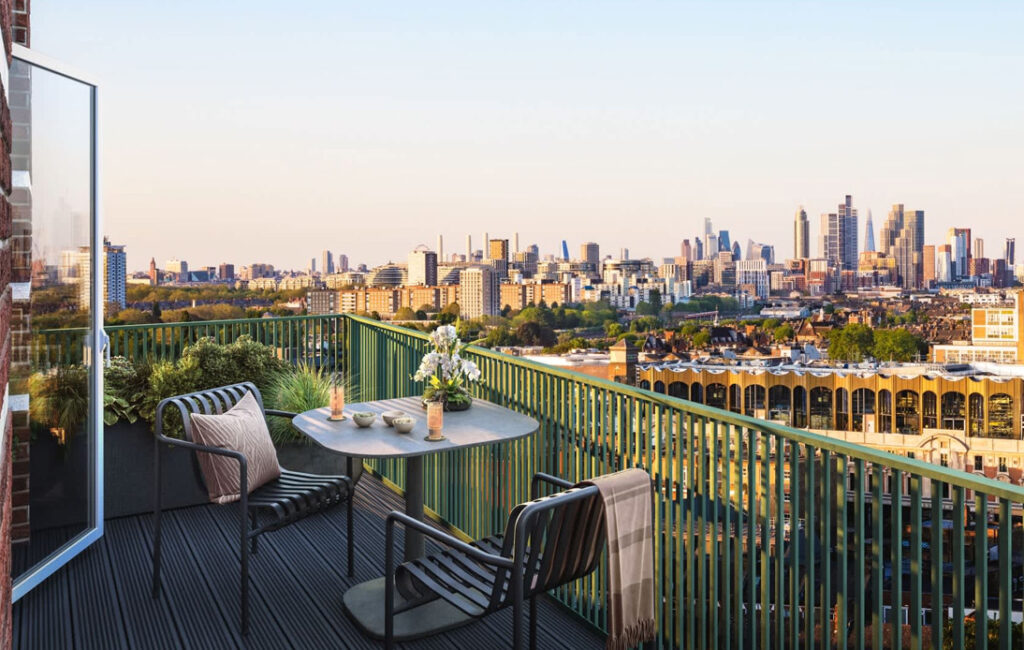
Leisure use of vaping is set to be prohibited in Australia, following a substantial clampdown in response to what experts call an “epidemic”.
Minimum quality standards will be implemented, and vape sales will be limited to pharmacies.
In Australia, nicotine vapes already necessitate a prescription, but the sector is inadequately regulated, leading to a burgeoning black market.
Health Minister Mark Butler asserts that these products are generating a new wave of nicotine dependency in Australia.
Vapes, also referred to as e-cigarettes, heat a liquid – typically containing nicotine – transforming it into vapor that users inhale. They are commonly regarded as a tool to help smokers quit.
However, in Australia, vapes have gained immense popularity as a leisure product, especially among urban youth.
“We have been duped,” stated Mr Butler during a speech revealing reforms on Tuesday.
He added “just like they did with smoking… ‘Big Tobacco’ has taken another addictive product, wrapped it in shiny packaging, and added sweet flavors to create a new generation of nicotine addicts.”
Although vapes are seen as safer than traditional cigarettes because they lack harmful tobacco, health professionals caution that vapes are not without risks – they can frequently contain chemicals, and the long-term consequences of use are still uncertain.
The Australian government contends that they pose a public health hazard, disproportionately impacting young individuals, many of whom have never smoked before.
Studies indicate that one in six Australians aged 14-17 years old have vaped, and one in four people aged 18-24.
“Only 1 in 70 people my age has vaped,” said Mr Butler, who is 52.
He claimed the products are intentionally aimed at children and are easily accessible “alongside lollies and chocolate bars” in retail shops.
He also mentioned that vaping has become the “number one behavioural issue” in high schools. Some schools have started installing vape detectors in restrooms, according to Australian media.
Australia is already known for having some of the most stringent anti-smoking regulations globally. Mr Butler likened the new vape reforms on Tuesday to those used to lower cigarette smoking in Australia to one of the most minimal levels among advanced countries.
These reforms encompass a ban on all disposable vapes and a crackdown on importing non-prescription items.
Prescriptions will be mandatory for the remaining legal vaping products, which will need pharmaceutical-style packaging. Restrictions on flavors, colors, nicotine concentrations, and other components will also be enforced.
“No more bubble-gum flavours, pink unicorns or vapes disguised as highlighter pens for kids to hide them in their pencil cases,” Mr Butler declared.
However, he mentioned that the government will also simplify obtaining a prescription for “legitimate therapeutic use”.
The timeline for the implementation will be announced at a future date.
Several other nations, such as Singapore and Thailand, have also banned vaping, and Australia’s Therapeutic Goods Administration, the medicine regulator, has recommended reform.
The Cancer Council stated that the changes could “reverse the e-cigarette epidemic and prevent history repeating itself for a new generation of Australians”.
Yet, some politicians, industry organizations, and health professionals argue that Australia should be easing its regulations.
National Party leader David Littleproud has previously maintained that the country should follow New Zealand’s strategy and regulate nicotine vapes similarly to cigarettes.
Others have expressed concern that stricter restrictions could result in more people turning to the unregulated illegal market.




















